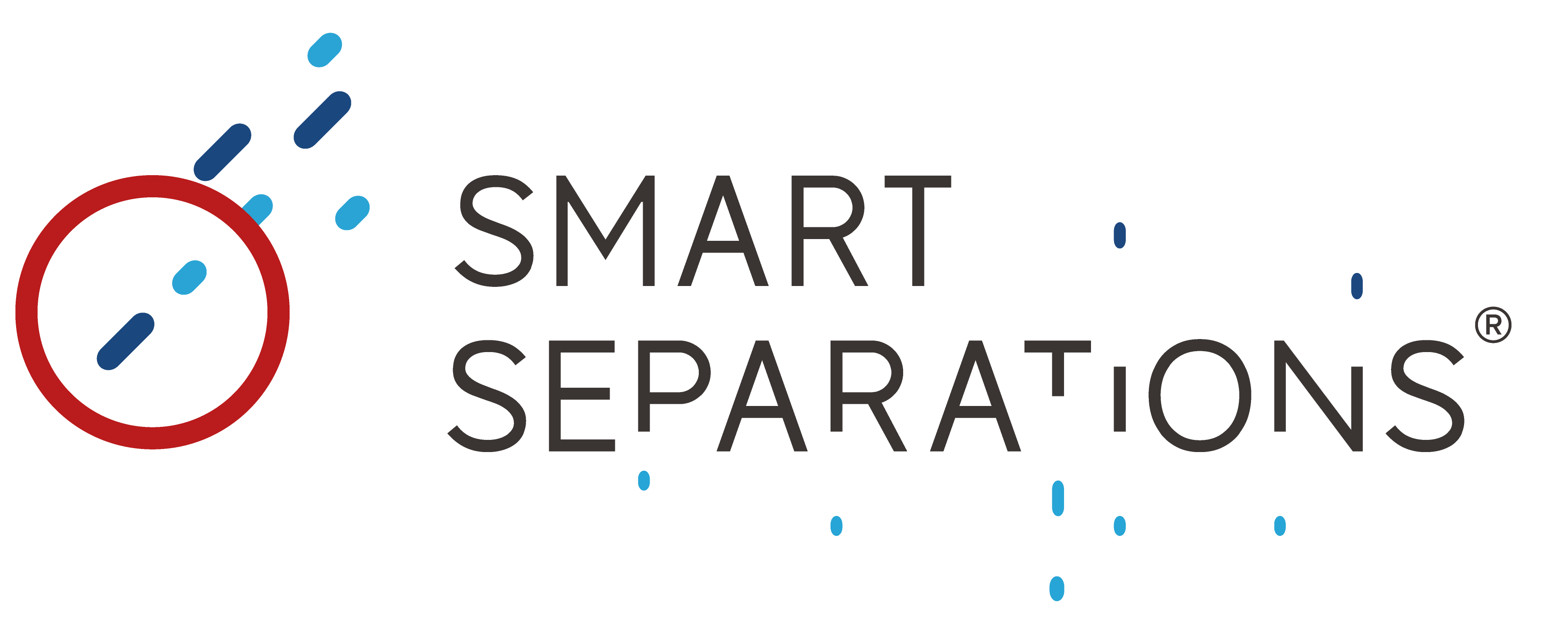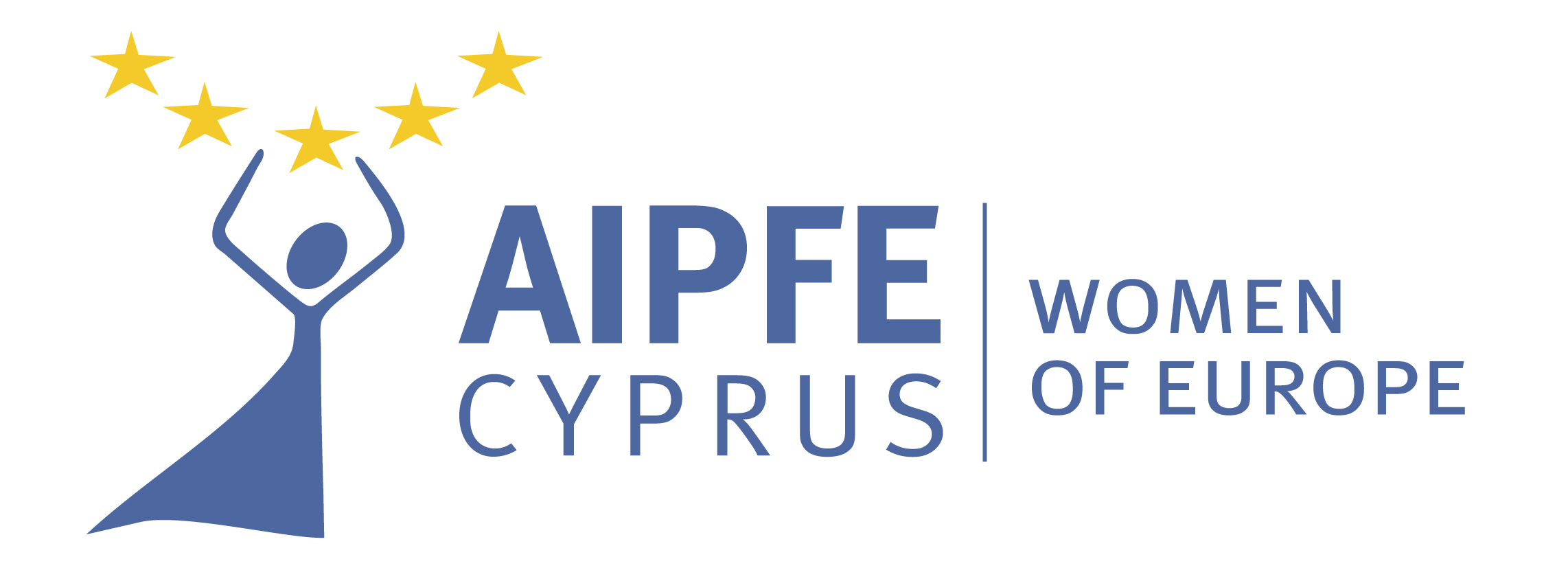The societal challenges that were tackled in ESGI146/co-creation Event with Society were selected by the Organising Team in consultation with the Scientific Board, were from diverse sectors, and leveraged a variety of mathematical methodologies.
Each challenge was presented by a representative of the organization on the opening event (3/12) with a 30-minute presentation, during the opening event. More information was then be given to the team who worked on the challenge during the week, in collaboration with the organisation. On the last day, 7/12, the researchers presented their results to the non-academic organisations in a public event.
Overview of the three societal challenges:
- An exciting societal challenge was proposed by the UK-based start-up Smart Separations. This UK-based company with strong links to Portugal have created filters that drastically improve indoor air quality. The filters are also used to filter biological samples across the world, with a special focus on cancer research. Prof. Ian Griffiths from the University of Oxford (a member of the organising team) coordinated the teamwork on this challenge and this already led to subsequent collaboration. Useful expertise: fluid mechanics, asymptotics, numerical methods, some data analysis
- A challenge on breaking barriers for women in science was formulated in collaboration with the non-profit AIPFE Cyprus-Women of Europe. Prior to the Study Group we also run a co-creation workshop on 29/10/18, hosted by the Cyprus Institute of Neurology and Genetics, where 35 stakeholders from academia, civil society and policy-making came together and identified key issues on this important challenge for Cyprus and other countries. Useful expertise: Modelling, advanced data analytics
- VTS-Vasilikos Terminal Services proposed a challenge of great environmental significance – that of reducing fuel consumption in tugboats. Reducing fuel is is a pressing challenge for the tugboat industry worldwide and the methodologies developed in the Study Group can be useful for many other companies and of tremendous importance for the environment. Useful expertise: modelling of Physical problems, naval engineering, numerical methods, data analysis
Problem 1
Problem 2
Problem 3
Problems descriptions and the reports delivered to the companies after the 1st Study Group in Cyprus (ESGI125) can be found here. Problems tackled in other Study Groups across the world can be found at the international Study Group website.


